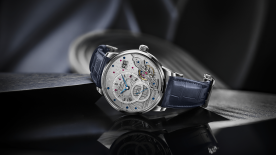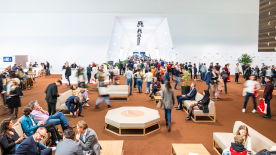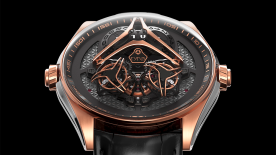Since 2018, the ethiwork agency has been supporting fashion and luxury players in improving their environmental, social and cultural footprints. We decided to find out more at the ReLuxury trade show.
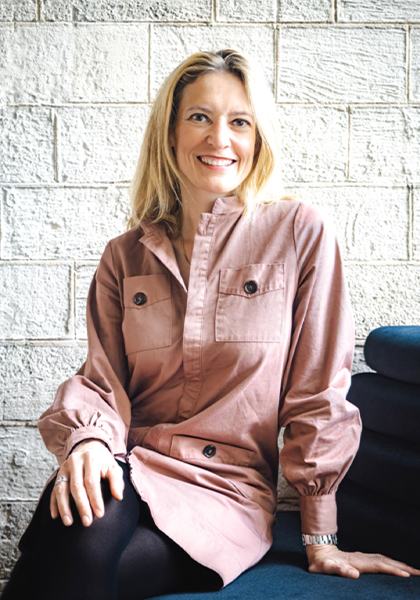
In the field of sustainable development, what are the challenges facing watchmaking companies?
First of all, it is important to grasp the fact that a watch is a product designed to be eco-friendly, particularly for economic reasons. The watch industry deals mainly with precious materials, volumes are low and the act of purchase is infrequent. The basis is therefore sound and a watch has a minimal footprint compared to the fashion sector. There are nonetheless still many issues at stake, be they environmental, social, cultural or regulatory. The watch industry must take them into account and it does so with varying degrees of maturity, depending on the field. There are more and more constraints demanding compliance with regulations. The multiplication of certifications and standards related to materials also makes things very complex – especially in terms of achieving transparency, from the origin of the materials to the purchase by the end consumer.
What is complex about making the transition to a more virtuous watchmaking industry?
It is both simple and complex. Simple, because eco-design as well as the emotional and physical sustainability of the product have always been part of the history of excellent watchmaking. Complex because it is a very traditional, secretive and closed sector. The traceability of precious materials is also very difficult and far from widespread. The sector tries to source gold that provides environmental and social guarantees and is increasingly using recycled gold. As for steel, it is by essence a recycled metal. More and more recycled steel is being processed in an ultimately quite energy-intensive manner. Some companies are trying to decarbonize the recycling of steel, especially using solar energy. This makes innovation especially important and it is coming from players such as Panerai and ID Geneva through very interesting collaborations with other sectors, including the medical field.
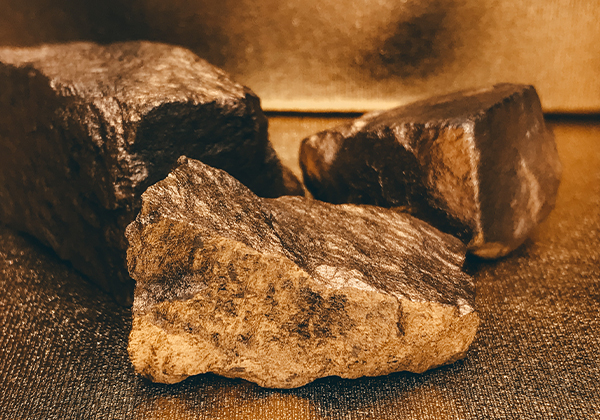
Are consumers really sensitive to more sustainable luxury?
Consumers are not yet very educated on this subject and tend not to question things very much in this respect. The leading purchase criteria are still design, quality and rarity. Luxury is above all a question of storytelling and emotional sustainability rather than environmental impact. For a long time, the watch industry showed little concern for this issue and while consumer demand is not yet strongly present, we know that the new generations are interested in it, with quite diverse expectations: packaging, transparency, ethical and environmental practices, reparability and animal welfare. There is also a growing appetite for pre-owned luxury.
How do you support luxury brands to make the necessary changes?
I started working on these issues about six years ago. Since then, ethiwork’s mission has been to accelerate the understanding of these issues and implement solutions. This implies working on staff training. It is no longer enough to only train the elite. There must also be conveyor belts at all level, including subcontracting. That said, not all brands have the same choices to make, depending on their history, their location and their production volumes. This implies a consulting dimension to our work and a lot of creativity, because not everything is standard. To sum up, we work in four areas: audit, consulting, training and inspiration.



